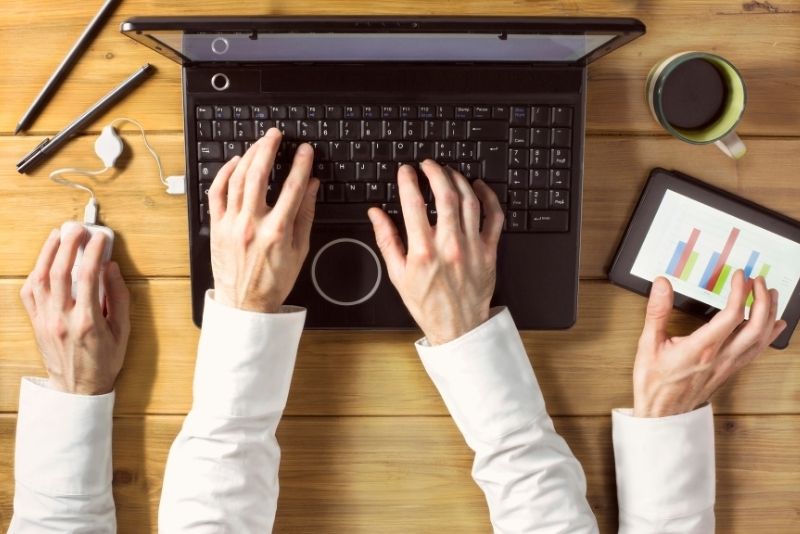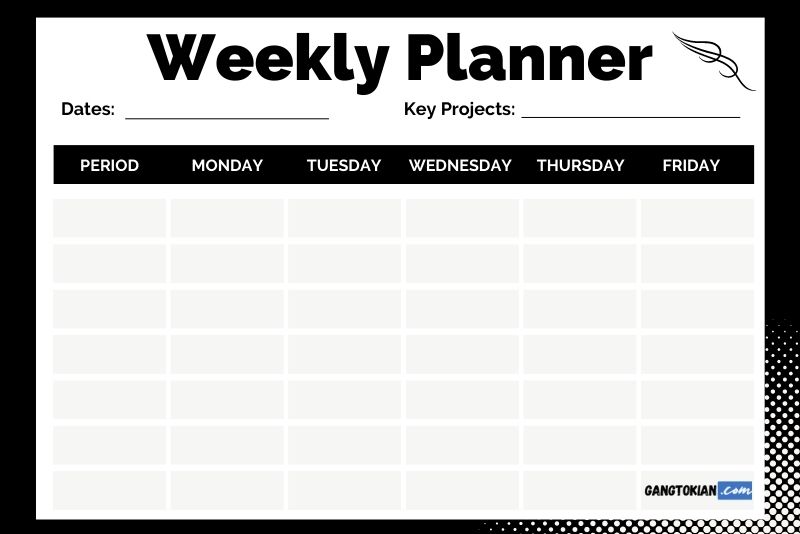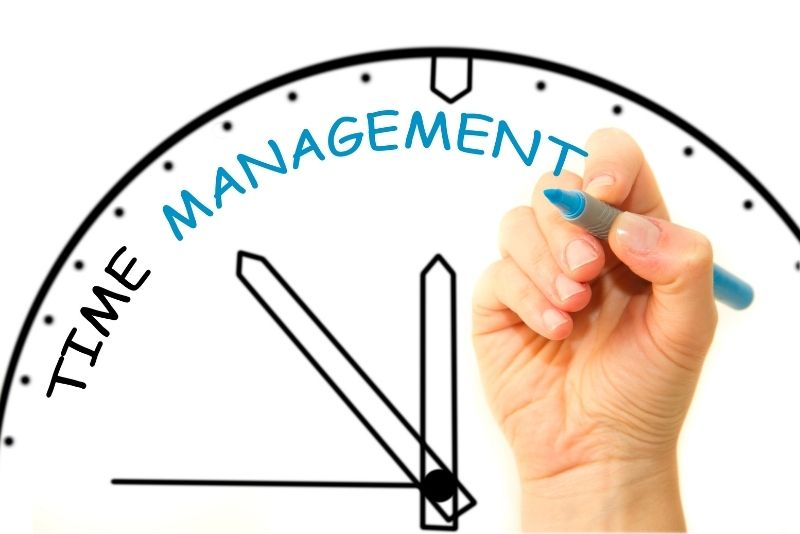
Why Multitasking Doesn’t Work
Is multitasking a good or bad thing? When you multitask, you only end up doing two things poorly. Maybe you don’t believe me — you think that switching between tasks, getting your inbox to zero, or checking Facebook in the bathroom will make you more efficient. But all of these habits make it harder for you actually to get things done. In the end, multitasking hurts much more than it helps — and if this doesn’t convince you, check out these reasons why multitasking is killing your productivity.
The Cleveland Clinic recently had this to say about multitasking:
Studies show that switching back and forth between complex tasks– especially when those tasks require our active attention– generally leads to less efficiency and makes us more likely to make mistakes.

Multitasking comes with a hefty price tag
Multitasking is the enemy of productivity. If you’re doing something simple, like answering an email or returning a phone call, then multitasking may not be so bad. But if you’re trying to do something complex, like writing an article or giving a presentation, then multitasking is going to cost you.
Multitasking hurts your performance at work and your health
Multitasking is an illusion. It’s not possible to pay attention to two things at once. You can, however, shift your attention from one thing to another and back again, rather quickly.
Multitasking is often more stressful than just doing one thing at a time.
When you’re trying to accomplish something, you’re more likely to make mistakes and be less productive if you’re trying to do a bunch of things at once—doing a bunch of things at once can paralyze your brain.
On the other hand, if you limit yourself to just the most important thing, you can focus more intently and have a greater level of productivity. Projecting your willpower to all the things you have to complete can create extra work for no reason.
Leverage the 5 AM Principle to ensure that you complete only those things most important to you. It’s a way of deciding what should get done and what doesn’t. To use 5 AM to your advantage, divide your tasks into five equal parts.
For example, if I have fifteen website updates to complete, I divide them into three parts, with Part A being completed on the first day, Part B on the second, and Part C on the third.
My willpower may be high, but I know that Part A has to get done if I want to complete all my website updates. Part B and C are optional but don’t get in the way of having Part A completed.
Suggested Post: Intelligent Minds Embrace the Rule of Focus
A Simple rule that can help:
1. Stop working on multiple tasks when you spot yourself doing so.
2. Make a list of your most urgent tasks.
3. Focus on the most important task and push aside the less important tasks.
Multitasking makes you less creative, more forgetful, and less productive overall.

Studies have shown that multitasking makes you more forgetful and less productive and that it’s impossible for your brain to truly multitask.
If you think about it, it makes sense because two things cannot be done at once. When you’re writing, you’re writing. When you’re meditating, you’re meditating.
So, don’t give in. Follow the above steps, and go all-in with the most important things.
Gangtokian Web Team
Want to write for this section? If you have landed on this page hoping to submit a guest post to our website please contact us at facebook/gangtokiandotcom
If you enjoyed reading this, you may also like: Achieving Long Term Goals
















































